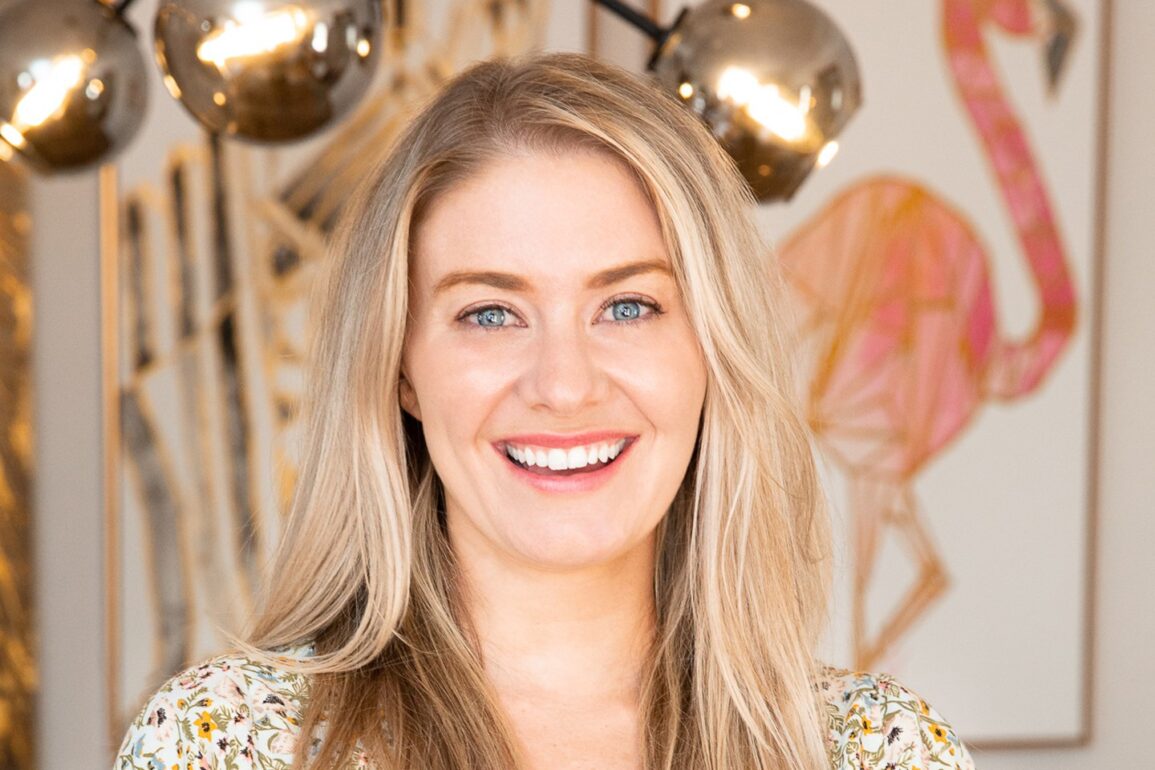Good morning, Broadsheet readers! Fashion brand Zimmermann gets a billion-dollar private equity boost, an IPO looms for Canva, and the startup Hey Jane expands beyond abortion. Have a wonderful Wednesday.
– All about access. It’s been a difficult environment for startups over the past year—and Hey Jane has dealt with more challenges than most.
The telehealth startup provides patients with medication abortion via mail. Founded in 2019, the company has been through the fall of Roe v. Wade and an onslaught against mifepristone, one of two drugs at the core of its business.
Despite the political environment, Hey Jane is determined to continue providing medication abortion. But it’s expanding its remit, too. The startup is introducing a suite of reproductive and sexual health services, Fortune is the first to report. Hey Jane will now offer patients treatment for UTIs and yeast infections; birth control; emergency contraception; and treatment for herpes.
“We were very focused on providing safe, private abortion care,” says Hey Jane cofounder and CEO Kiki Freedman. “But we know that abortion is not the only reproductive and sexual health care need that’s been stigmatized. And we really want to make all the things that patients care about as easy and supported as possible.”
Courtesy of Hey Jane
The launch allows Hey Jane, which raised $6.1 million from investors including G9 Ventures and Amboy Street Ventures last fall, to better serve patients on a more regular basis beyond abortion. But it also gives the company more solid footing with a “more diversified product portfolio” that isn’t under quite as intense political attack (although that’s not to say services like birth control are immune from rightwing pressure these days).
So far, Hey Jane’s new services are only available in the 11 states where the startup is able to provide abortion access. But these categories give the startup the ability to eventually provide some level of service in all 50 states.
With the new treatments, Hey Jane will compete more directly with other digital health startups—some of which have a head start and bigger scale. But launching in abortion care—arguably the most challenging health category—and accepting insurance has given Freedman confidence that the startup is well-equipped to earn customers in other corners of the medical field. Customers who had a positive experience accessing abortion care through Hey Jane have asked the startup if it would offer other products, Freedman says.
“We’ve taken a number of risks providing this type of care,” the CEO adds. “Now folks can feel confident that supporting care with Hey Jane is supporting access in this broader sense.”
Emma Hinchliffe
emma.hinchliffe@fortune.com
@_emmahinchliffe
The Broadsheet is Fortune’s newsletter for and about the world’s most powerful women. Today’s edition was curated by Joseph Abrams. Subscribe here.
ALSO IN THE HEADLINES
– Special election. Ohio votes rejected a measure to make it harder to amend the state’s constitution, a win for pro-choice advocates in a Tuesday special election that had turned into a proxy fight over abortion. The measure, put forward by Republicans, was seen as an effort to thwart an upcoming ballot initiative to guarantee Ohioans’ right to abortions. Voters nationwide have supported state ballot initiatives backing reproductive rights since the overturning of Roe v. Wade. Washington Post
– Eyeing an IPO. Melanie Perkins’ Canva seems headed for an IPO after Australian firm Blackbird, one of the software company’s earliest investors, sold some of its stock to U.S. investors. ICONIQ, a wealth manager and family office for Mark Zuckerberg, Sheryl Sandberg, and Jack Dorsey, is just one of the Canva’s new investors, and it’s known for supporting companies through public listings. The Australian
– Sisters’ sale. In more news out of Australia, Zimmermann, the fashion brand started by sisters Nicky and Simone Zimmermann, has sold to private equity firm Advent International for about $1 billion. The sisters will retain significant minority holdings in the brand, which is quickly adding to its number of physical store locations. Sydney Morning Herald
– Jolt of energy. Anna Lundstrom, who runs Nespresso’s U.K. and Ireland arm, abides by an always-on work ethic—and she likes it that way. “I think you almost have to enjoy that kind of activity to do this job,” says the coffee chief, who manages 650 people and has brought in new partners to the brand like Starbucks. Fortune
MOVERS AND SHAKERS: TikTok has hired former Meta VP Marni Levine and Amazon alum Nicolas Le Bourgeois to lead U.S. ecommerce, replacing Sandie Hawkins. J.Crew named former Cuup co-CEO Adrienne Lazarus president of Madewell, effective September 2023. Ami-Lynn Bakshi has been named CEO of Elevated Spirits. Tzi-Kei Wong has been appointed chief product officer at Yext.
IN CASE YOU MISSED IT
– All in the family. Alex Cooper, who reached a massive female audience with her highly successful podcast “Call Her Daddy,” has announced the creation of her own podcast brand aimed at Gen-Z audiences. The Unwell Network has already recruited TikTok favorite Alix Earle and influencer Madeline Argy. Variety
– Pay day. Despite a tough loss this week, the U.S. Women’s soccer team will get paid more than they ever have, taking home the same amount as the men’s team did at the 2022 World Cup in Qatar. The pay raise comes from a general increase in bonuses from FIFA and an agreement with the U.S. men’s team that grants both teams a portion of each other’s payouts. Wall Street Journal
– Fear factor. Foreign investors told Japanese business leaders that they wanted to see more female board members or they’d pull funding, and the threat seems to be working. Women are slowly filling board seats as C-suite executives fear foreign investors, like BlackRock and Goldman Sachs Asset Management, pulling money out. Bloomberg
– Deceptive screenings. A study published this week has found that American women between ages 70 to 85 are at risk of potential breast cancer over-diagnosis, where doctors find cancers that are dormant and misidentify them as active. The report found that almost a third of women ages 70 to 74 and almost half of women ages 75 to 84 were potentially over-diagnosed. CNN
ON MY RADAR
From the Women’s World Cup to Wimbledon, a victory everyone can share New York Times
Is Italy’s Meloni failing to deliver for women? Politico
‘A smorgasbord of unlikability’: the authors helping ‘sad girl lit’ grow up Guardian
PARTING WORDS
“I am aware that I have been through a lot of very crazy things, but I don’t feel like a victim.”
—Riley Keough, Daisy Jones & the Six actress and granddaughter of Elvis, on being “chosen” for her high-profile life.
This is the web version of The Broadsheet, a daily newsletter for and about the world’s most powerful women. Sign up to get it delivered free to your inbox.








